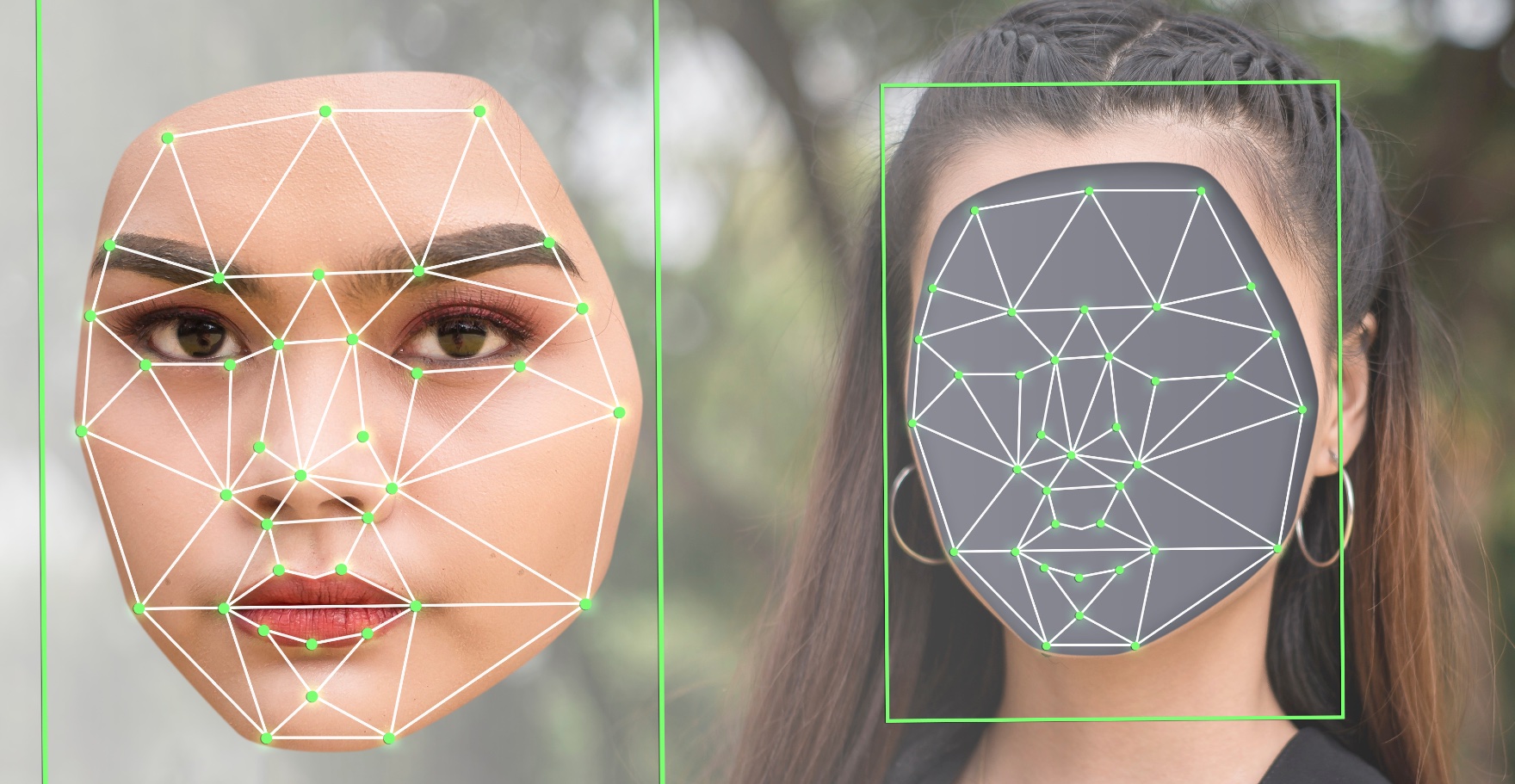FBI issues warning over deepfake AI nudes being used for sextortion scams
You may want to think twice before posting on social media now

Even if you haven’t been hacked, nude videos and images of you could end up online as the FBI is warning that cybercriminals have begun using AI to create deepfakes for their sextortion schemes.
As reported by BleepingComputer, the FBI has published a new alert on its Internet Crime Complaint Center (IC3) warning of the dangers posed by this new sextortion scheme to adults and even children.
For those unfamiliar, sextortion is a type of online blackmail where cybercriminals threaten victims by saying they will release their explicit videos and images if a ransom isn’t paid. While celebrities are often the targets of sextortion attacks due to the fact that they’ll likely pay more, ordinary people can also fall victim to them.
Normally, these sensitive videos and images are obtained by hacking or through coercion but in this case, even if you haven’t taken any nudes, you could still end up falling victim to sextortion.
Fake videos and images pose a very real threat
The way in which the cybercriminals behind this new wave of sextortion attacks are creating deepfaked nudes in the first place is by scraping publicly available content from their targets. This content often comes from videos and images posted on popular social media platforms.
From here, they use AI tools like image generators to turn these innocent videos and images into sexually explicit content that is then used in their sextortion attacks. As the FBI notes in its alert, the cybercriminals responsible for these attacks are also targeting minors in addition to adults.
While the explicit videos and images produced by these AI deepfake tools aren’t actually real, they look real enough to trick victims into paying a ransom to prevent their release. Especially considering the personal and reputational harm it would cause to have them sent out to a victim’s family or coworkers.
Sign up to get the BEST of Tom's Guide direct to your inbox.
Get instant access to breaking news, the hottest reviews, great deals and helpful tips.
It’s also worth noting that not everyone targeted in these sextortion schemes have a chance to pay a ransom to prevent these explicit videos and images from being posted online. Sometimes, they post them on adult websites without contacting the victim first in order to draw a larger audience to their existence. At the same time, some cybercriminals publicly upload them to put additional pressure on victims to pay up.
How to stay safe from sextortion schemes

Besides using the best antivirus software on your PC, the best Mac antivirus software on your Mac and one of the best Android antivirus apps on your smartphone to protect them from being hacked, there are a few steps you can take to stay safe from falling victim to a sextortion scheme.
For instance, the FBI is urging users to exercise caution when posting or sending direct messages that contain personal photos, videos and any other identifying information on social media, dating apps or other online sites. Although a video or image may be entirely innocent, they can provide cybercriminals with content to exploit in their attacks.
Likewise, you want to ensure that all of the privacy settings are turned on for your social media accounts so that you can limit who has access to your content. In addition to cybercriminals and hackers, this can prevent your data from falling into the hands of data brokers.
Meanwhile, you also should consider using one of the best password managers to store all of your passwords and other login information securely so that they don’t fall into the hands of cybercriminals who could then take over your online accounts.
Now that deepfakes are becoming more realistic, expect sextortion schemes and other similar attacks to occur much more frequently as cybercriminals figure out how to exploit all of these new AI-powered tools.
More from Tom's Guide

Anthony Spadafora is the managing editor for security and home office furniture at Tom’s Guide where he covers everything from data breaches to password managers and the best way to cover your whole home or business with Wi-Fi. He also reviews standing desks, office chairs and other home office accessories with a penchant for building desk setups. Before joining the team, Anthony wrote for ITProPortal while living in Korea and later for TechRadar Pro after moving back to the US. Based in Houston, Texas, when he’s not writing Anthony can be found tinkering with PCs and game consoles, managing cables and upgrading his smart home.
